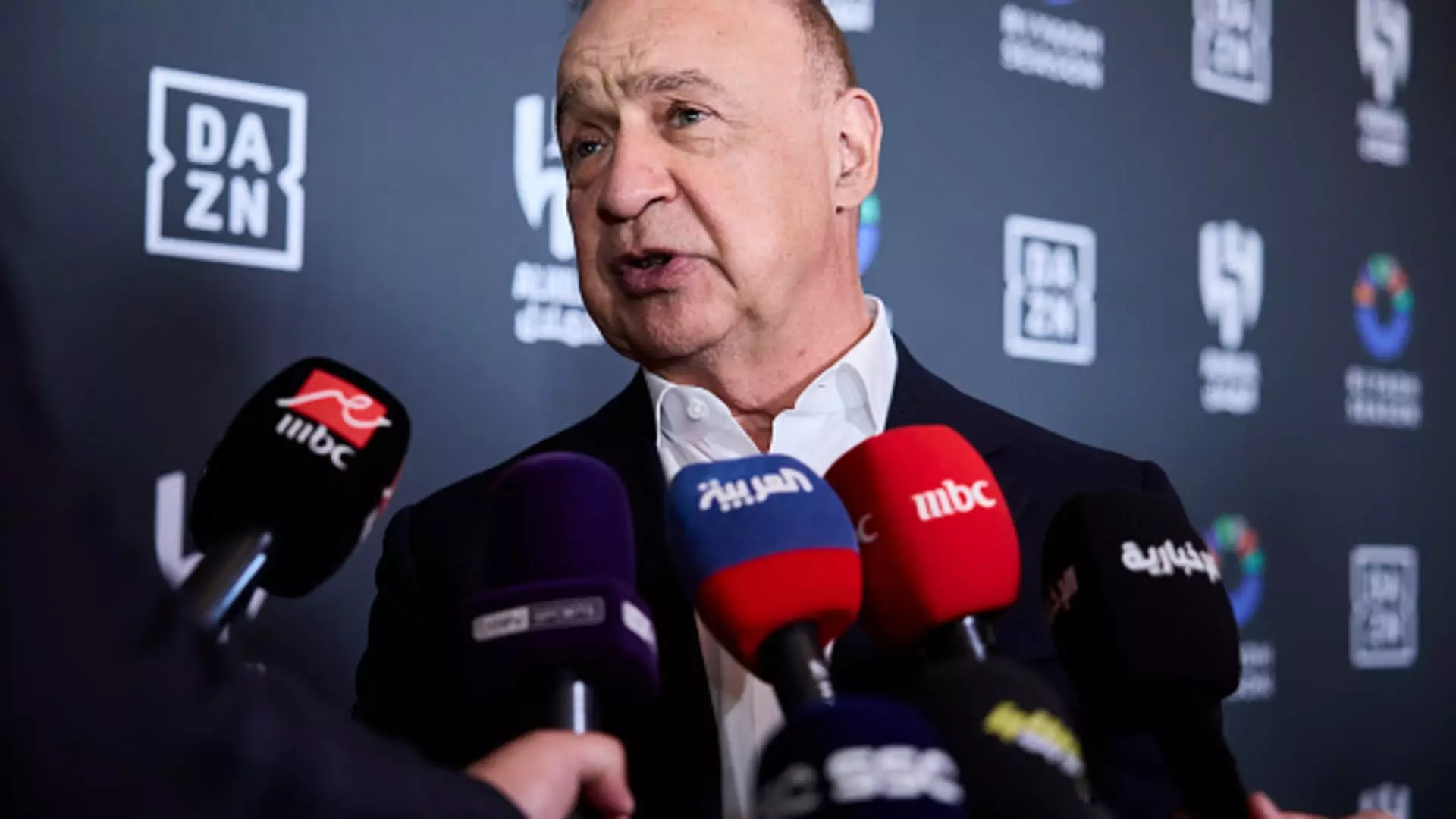In an unsettling twist for the nation’s wealth elite, March marked a drastic downturn in investment activity among single-family offices, reflective of the precarious political and economic landscape. The shadow of President Donald Trump’s aggressive tariff stance has sent these high-stakes financial players into a retreat, as they grapple with the potential fallout on their investment portfolios. The data is striking; single-family offices executed merely 40 direct investments last month, an alarming 45% decrease year-over-year. This signals more than just a momentary hesitation—it reveals a palpable fear that grips the ultrarich, prompting them to reassess their investment strategies in uncertain times.
The economic backdrop is ripe for hesitation; Twitter rants and abrupt policy shifts can send shockwaves through international markets, leaving investors anxious and paralyzed. In this scenario, March’s investment figures not only reflect a retreat but perhaps an awakening—a growing recognition that the market is in uncharted waters, where traditional optimism must contend with the risk of tariff-induced disruption. The fact that investments fell by 22% compared to February, which had three days less, only underscores how grave the situation is perceived to be, highlighting a willful withdrawal by the very risk-takers traditionally considered impervious to market vagaries.
Notable Exceptions: A Glimmer of Hope?
However, amidst this investment drought, there are flickers of activity that suggest some family offices refuse to succumb entirely to adversity. Euclidean Capital, the family office associated with the late hedge fund titan Jim Simons, defied the prevailing narrative by making its first investment since December. Their commitment of $60 million to Zeitview, an innovative startup utilizing drone technology and AI for infrastructure inspections, hints at a strategic pivot toward technology-driven solutions. This investment underscores an essential point: even in tumultuous times, there are avenues for growth, especially in sectors revolutionizing traditional processes.
Dubai Holding’s bold acquisition of Nord Anglia Education for $14.5 billion stands as another noteworthy exception, symbolizing the readiness of some players to seize opportunities amid market retrenchment. Joined by institutional partners such as the Canada Pension Plan Investment Board, this transaction may indicate a willingness to navigate the political crosswinds for the sake of long-term stability in valuable assets. Yet these are outliers rather than the new norm, and the larger trend reflects a cautious mindset that has gripped the market.
The Tariff Effect and Its Ripple Across Borders
What prompts this caution? The omnipresent trade tariffs implemented by the Trump administration have introduced an element of unpredictability that even the wealthiest investors cannot ignore. Vicki Odette, a partner at Haynes Boone, aptly described the dual stress faced by family offices. As concerns mount about the potential impact on portfolio companies—especially concerning distribution capabilities and exit strategies—these high-net-worth families are in a precarious position. Investment risks loom large on their horizon, resulting in a collective pause that is palpable in the investment community.
It’s not just American family offices assessing the fallout; global investors are equally wary of the shifting trade policies. Observing the U.S. from abroad, families from the Middle East, who are known for their robust investments in American and European markets, are similarly hesitant. Their scrutiny reflects a worldwide sentiment of caution, accentuated by political instability that threatens to envelop international markets. This interconnectedness of decision-making illustrates how deeply intertwined our global economies have become—even the mighty aren’t immune to the chaos of political whims.
The Pivot Toward Private Credit Funds
Despite the chill in the air, there are signs of adaptation. Odette mentions an uptick in interest among family offices toward private credit funds offering short-term loans. This shift indicates an attempt to find safe harbor amidst turbulence. By targeting private credit instruments, these investors appear to be hedging their bets against potential declines in traditional investment vehicles, seeking stability where the equity markets might falter. It represents a strategic pivot, a transition to a financial landscape requiring agility, and underscores the reality that even the wealthiest must adapt or risk extinction in the competitive arena of high-stakes investing.
These evolving strategies of family offices are heralding a broader narrative: fortune favors the adaptable. The investment landscape may be fraught with peril, but amid uncertainty lies the potential for innovative approaches to investment. As tariffs loom and crisis threatens, the ultrarich are faced with a decision to either retreat into complacency or forge a path characterized by resilience, creativity, and prudence.

Leave a Reply